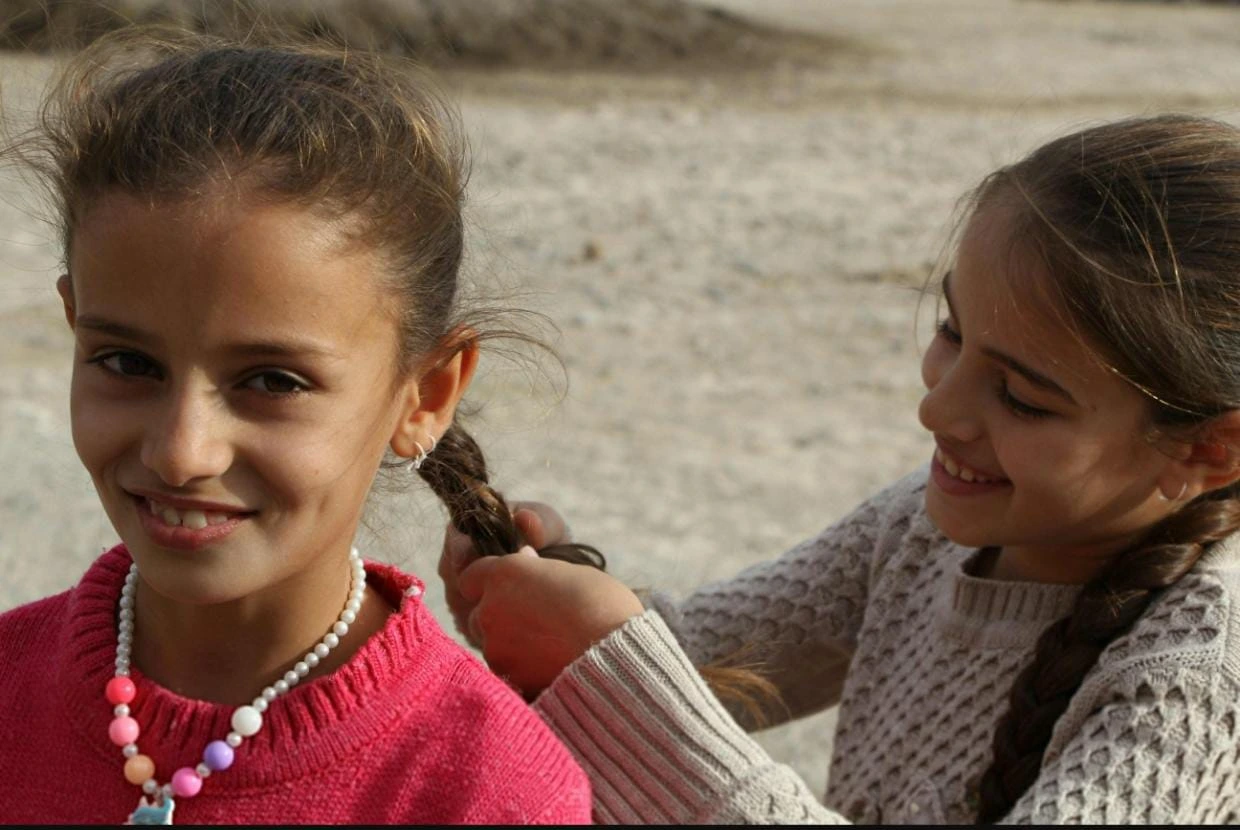“Everyone tells me I am mature beyond my years. I thought that was a compliment until I realized I never got to be a child.”
If you have ever felt that line sit heavy in your chest, you are not alone. Many children grow up carrying responsibilities that belong to adults. They cook meals, care for siblings, soothe a parent who is breaking down, or silently manage chaos that should never have been on their shoulders. It looks like maturity from the outside. Inside, it feels like exhaustion, confusion, and a quiet sense that something was stolen.
The Little Adults of the Family
Psychology calls this parentification. It happens when the roles in a family get reversed. Instead of being cared for, the child becomes the caretaker. Sometimes it is practical, like running the house or raising siblings. Sometimes it is emotional, like being the parent’s confidant, protector, or therapist. Often, it is both.
At first, it feels invisible. You believe this is what “good” children do. You tell yourself you are strong. People even praise you for it. But strength built this way is not without cost.
How Parentification Develops
Parentification often takes root in families where parents are overwhelmed, absent, or unable to cope. It might be due to illness, financial stress, mental health struggles, addiction, or even cultural expectations. The child steps in to keep the family afloat, but in doing so, they sacrifice something vital: their own right to simply be young.
The Adult Echo of Parentification
The child who grows up too fast often learns to silence their own needs. They become skilled at reading moods, keeping peace, and making sure everyone else is comfortable. They are less skilled at asking for comfort themselves. Vulnerability feels risky. Rest feels wrong. Relaxation feels almost dangerous, like you are wasting time or being irresponsible. Even as adults, many still hear that voice inside whispering, “If you stop taking care of everything, things will fall apart.”
That is how parentification shows up in adult life. It can look like being the friend who always listens but never shares. The partner who gives endlessly but struggles to receive. The employee who burns out because saying no feels like failure. And often, there is an ache beneath it all. A sense of never truly knowing what it feels like to be carefree, to lean, to be taken care of.
Healing From Parentification
Healing begins when you recognize that what you carried was too much for a child. That awareness itself can feel like a breath of relief. From there, small steps matter.
- Learning to say no without guilt
- Allowing yourself to rest without proving your worth
- Seeking therapy or safe spaces where your story can be held
- Practicing self-compassion, talking to the younger version of yourself with gentleness
- Surrounding yourself with people who give as much as they take
Closing Note:
Parentification can shape a childhood and echo into adulthood, but it does not have to define the rest of your life. You can learn that strength is not only about holding everything together. True strength is also knowing when to put things down, when to give yourself the childhood softness you once missed and when to ask for help. Reach Out to Dee-Cognito

